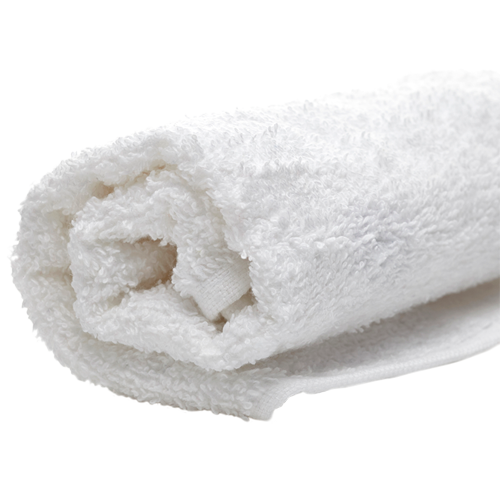Certain habits can predispose women to vaginal yeast infections. Find out which ones!
An ounce of prevention is worth a pound of cure!
Many women must deal with the unpleasantness caused by occasional or repeated vaginal yeast infections, also called “fungal infections”. Did you know that a woman’s lifestyle can predispose her to this type of infection?
Although it isn’t possible to completely eliminate the risk of a vaginal yeast infections, it is possible to be aware of the ways to protect against it.
Find out if it is true or false that the following elements could increase the risk of contracting a vaginal yeast infection.
1
The use of feminine hygiene products.
True. Many women use feminine hygiene products such as irritating soaps, vaginal douches, gels, creams, powders or deodorizing or anti-itch sprays. The use of these types of products can increase the risk of vaginal infection.
The principle of "less is more" is appropriate here! Daily cleansing with a gentle soap and water is an adequate hygiene measure.
2
Taking certain medications.
True. Some medications may have the side effect of upsetting the balance of the vaginal flora. This is the case, for instance, for various antibiotics, cortisone, some contraceptives and chemotherapy treatments.
Therefore, it is possible that a medication you are taking predisposes you to vaginal yeast infections. Speak to your pharmacist if you are prone to repeated vaginal infections.
3
Wearing certain clothes.
True. Wet swimsuits, clothes that are too tight and undergarments made of synthetic fabric can promote the onset of a vaginal infection. It is better to opt for loose-fitting clothes made of natural fibres that "breathe", like cotton.
4
The use of a personal lubricant during sexual intercourse.
True and false. For some women, the use of a personal lubricant facilitates sexual intercourse and to make it more enjoyable. By decreasing friction, the lubricant may help to preserve the vaginal flora and prevent infections.
However, some products intended for this purpose may have an irritating effect, especially the ones with a fragrance or that contain unnecessary ingredients.
Ask your pharmacist for advice before purchasing a personal lubricant.
5
Foods that are too fatty or salty.
False. To date, there is no scientific data to support a link between fatty and salty foods, and an increased risk of vaginal infection. However, it has been suggested that a sugar-rich diet could increase this risk.
This is another good reason to reduce your dietary sugar in-take.
6
Poorly controlled diabetes.
True. It is crucial for women with diabetes to control their blood glucose (blood sugar levels) to reduce the risk of diabetes-related complications. Blood glucose that is too high compromises the body’s ability to fight infection, including vaginal yeast infections.
Speak to your pharmacist for advice on how to better control diabetes.
7
Smoking
Good question! It would seem that, for now, science has not shown a clear link between smoking and an increased risk of vaginal yeast infections. However, keep in mind that smoking weakens the immune system.
In the meantime, why not consider quitting smoking? It’s a safe bet that you will notice a number of positive changes!
8
Stress.
True. Chronic stress weakens the immune system and reduces its ability to protect against germs. This may allow the yeast responsible for fungal infections to gain the upper hand.
By learning to better control the stress in your life, you reduce the risk of many inconveniences, including vaginal yeast infections.
Don’t hesitate to speak to your pharmacist if you have any questions about vaginal yeast infections and the ways to treat and prevent them.

